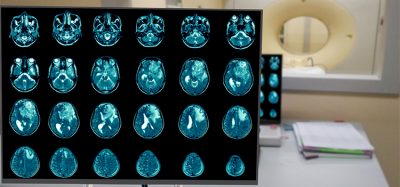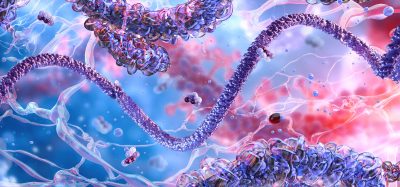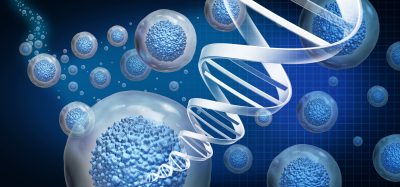Rare genetic variants found to have a large impact on obesity risk
Posted: 5 April 2024 | Drug Target Review | No comments yet
Researchers have gained a deeper understanding of the neural biology of obesity, which could offer potential drug targets.


A new study has identified rare genetic variants in two genes, BSN and APBA1, that have some of the largest impacts on obesity risk discovered to date. Led by researchers at the Medical Research Council (MRC) Epidemiology Unit and the MRC Metabolic Diseases Unit at the Institute of Metabolic Science, both based at the University of Cambridge, whole exome sequencing of body mass index (BMI) was performed in over 500,000 individuals.
Obesity is a significant public health concern as it is a substantial risk factor for other serious conditions, including cardiovascular disease and type 2 diabetes. However, the genetic reasons for why some individuals are more prone to weight gain are not fully understood. Now, the new study indicates that BSN and APBA1 play a role in the transmission of signals between brain cells, suggesting that age-related neurodegeneration could affect appetite control.
In the past, research has identified multiple obesity-associated gene variants conferring large effects from childhood, acting through the leptin-melanocortin pathway in the brain. The leptin-melanocortin pathway plays a crucial role in appetite regulation. Although BSN and APBA1 encode proteins found in the brain, they are not currently known to be involved in the leptin-melanocortin pathway. Additionally, unlike the obesity genes previously identified, variants in BSN and APBA1 are not associated with childhood obesity. This led the researchers to believe that they may have discovered a new biological mechanism for obesity. A better understanding of the neural biology of obesity may offer more potential drug targets to treat it in the future.
Whole exome sequencing
For the whole exome sequencing, the team used UK Biobank and other data. They discovered that genetic variants in the gene BSN, also named Bassoon, can increase the risk of obesity as much as six times. It was also associated with an increased risk of non-alcoholic fatty liver disease and of type 2 diabetes. The Bassoon gene variants were found to affect one in 6,500 adults, meaning they could affect about 10,000 people in the UK.
The scientists worked closely with AstraZeneca to replicate their findings in existing cohorts, using genetic data from individuals in Pakistan and Mexico. Notably, this enabled the team to apply their findings beyond people of European ancestry.
Dr Giles Yeo, study author based at the MRC Metabolic Diseases Unit, commented: “We have identified two genes with variants that have the most profound impact on obesity risk at a population level we’ve ever seen, but perhaps more importantly, that the variation in Bassoon is linked to adult-onset and not childhood obesity. Thus, these findings give us a new appreciation of the relationship between genetics, neurodevelopment and obesity.’
This study is published in Nature Genetics.
Related topics
Drug Targets, Neurosciences, Sequencing
Related conditions
Cardiovascular disease, Obesity, Type-2 diabetes
Related organisations
University of Cambridge








